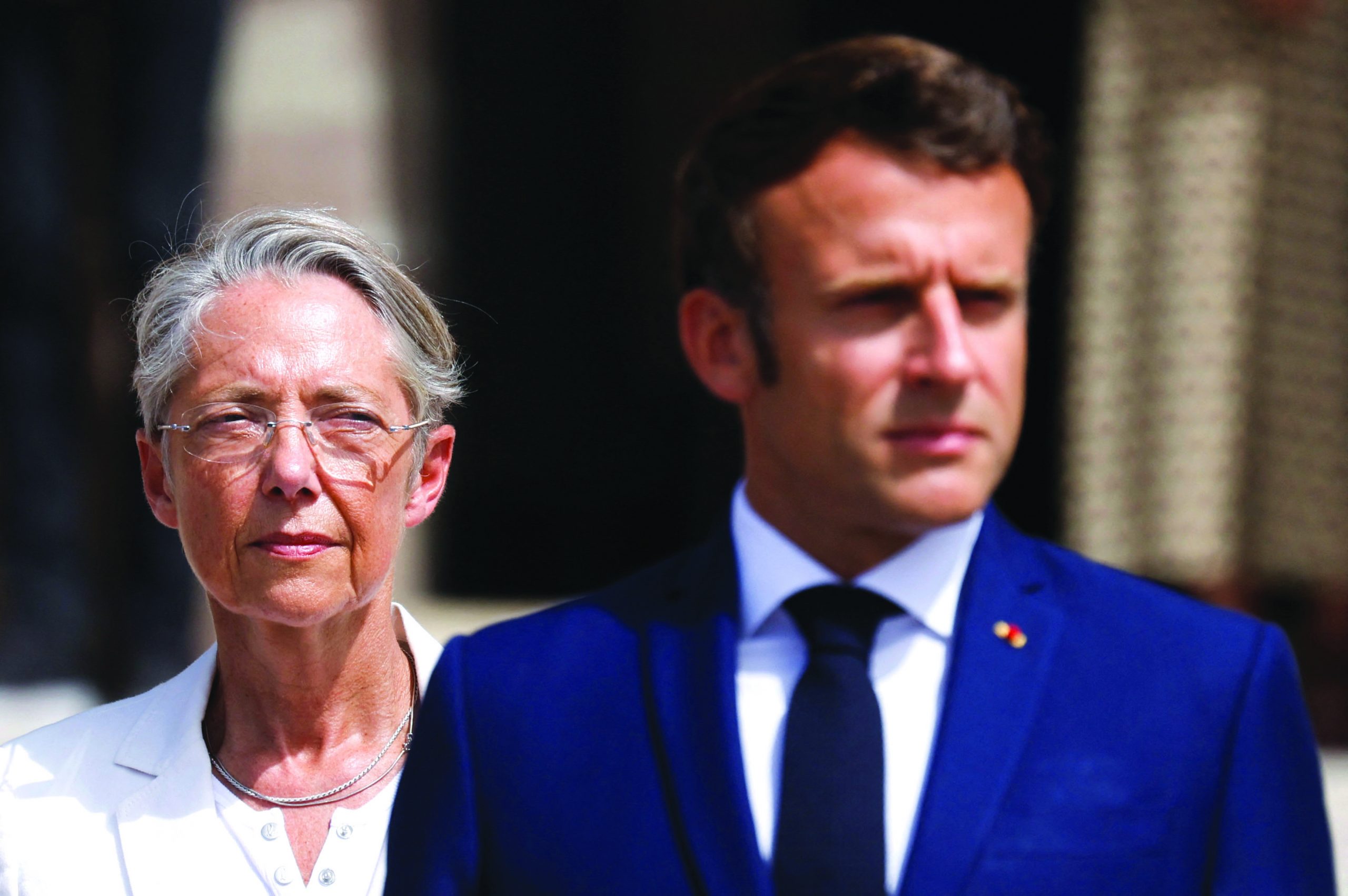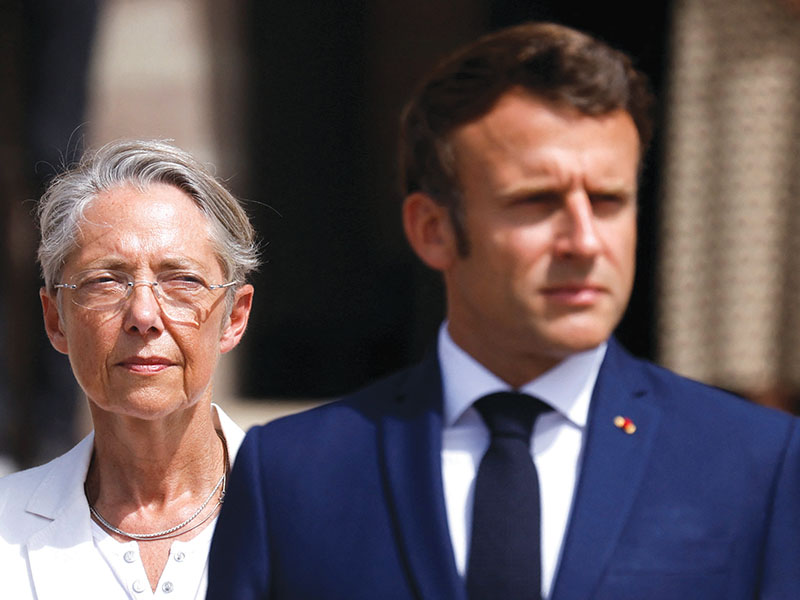
President Macron (right) & PM Borne: second thoughts
France’s newly passed hard-line immigration law will repel international students and stifle French research, warn education leaders. The controversial new legislation approved by the French parliament in December, divided President Emmanuel Macron’s centrist Renaissance party, while the far-right, anti-immigration politician Marine Le Pen, leader of National Rally, heralded it as an “ideological victory”.
The Bill includes migration quotas, restrictions on citizenship for those born in France to non-citizens, cuts to migrants’ benefits eligibility and the potential to remove dual nationals convicted of certain crimes from French citizenship.
Despite France’s goal of attracting 500,000 international students by 2027, the new law contains several measures that many fear will dissuade them. To obtain a residence permit, students from overseas will have to pay an as-yet undetermined “return deposit” to cover potential “removal costs”. The deposit would be returned when they leave France upon their permit’s expiration or when they obtain a new visa. International students will also have to demonstrate the “real and serious nature of their studies” on a yearly basis, Le Monde reported, or risk having their residence permit withdrawn.
The legislation also makes higher university registration fees for non-European Union students’ compulsory, after their introduction in 2019 on a voluntary basis decided by universities. While French students and those from within the EU pay €170 (Rs.15,470) to register for a bachelor’s degree and €243 for a Master’s, non-EU students will now be obliged to pay €2,770 (Rs.2.52 lakh) and €3,770 respectively.
A joint statement released by France Universites, the Conference of Deans of French Schools of Engineering (CDEFI) and several student unions called on Macron to challenge the law. Alexis Michel, director of the Brest National School of Engineering and president of CDEFI’s Europe and International Commission, called the return deposit a “mark of suspicion” that reflected “a desire to select students through money” rather than merit. “The idea that candidates for migration present themselves as students to circumvent the procedures is a statistical fiction. CDEFI requests the removal of the return deposit and waits for the president of the republic to exercise his constitutional prerogatives to provoke a new deliberation of the bill in parliament,” says Prof. Michel.
Both Macron and prime minister Elisabeth Borne have already partially walked back the return deposit measure during media appearances, according to Le Monde, with the former saying it was “not a good idea” and the latter commenting, “Is this the best system? Not necessarily.”
Sylvie Retailleau, the minister of higher education and research, submitted her resignation over the bill, which Macron rejected. France Universites later said the minister had received “strong commitments” from the president and prime minister, pledging to overturn “discriminatory and ineffective measures” including the deposit.
